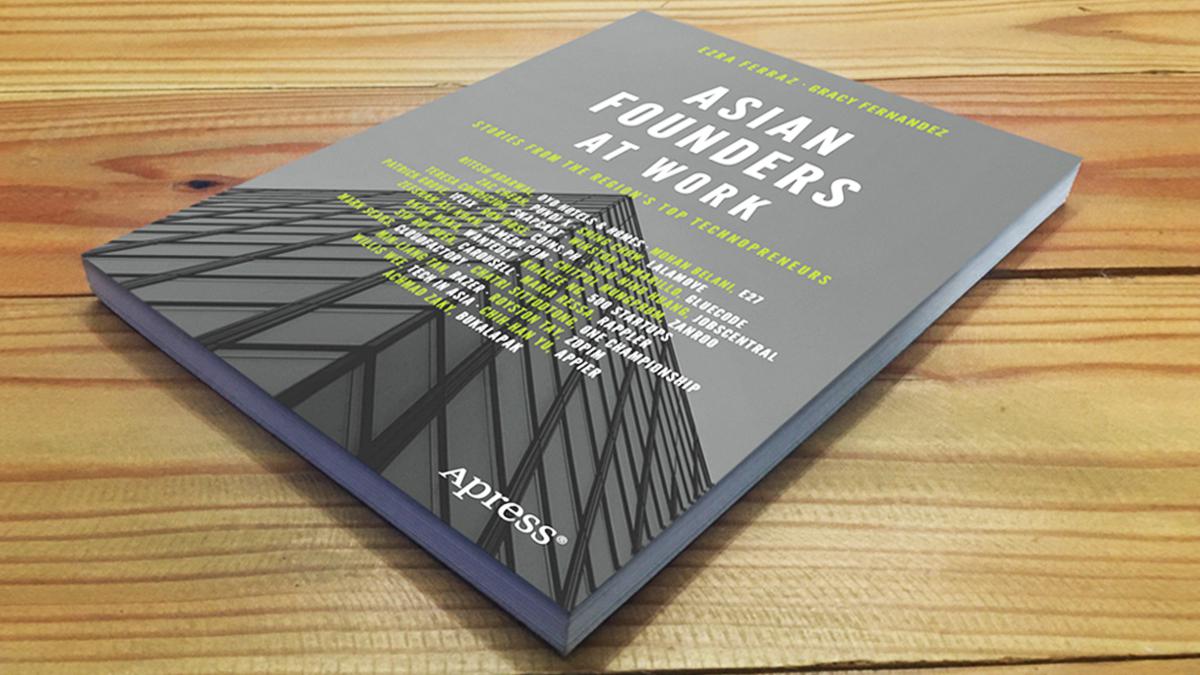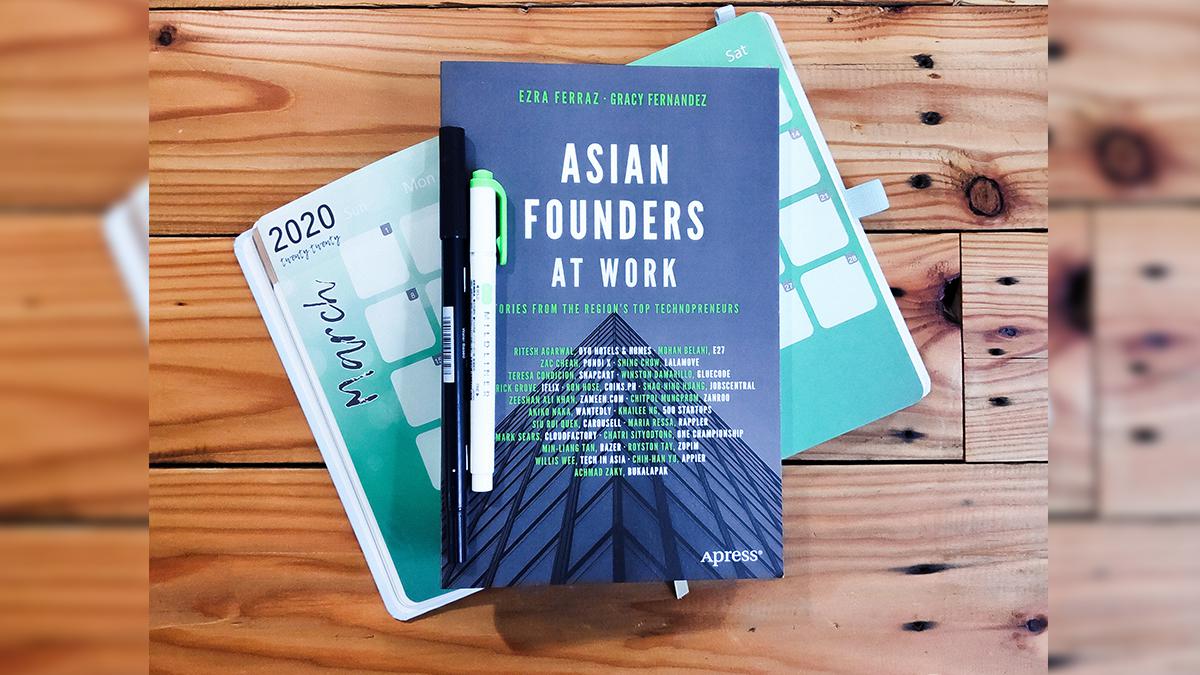Top economists have claimed that the global recession is already here. Considered the worst downturn since the Great Depression, the public health crisis has rocked the majority of industries, halting regular operations. S&P Global Ratings noted that Asia Pacific’s permanent income loss alone is estimated at USD 620 billion. Exact data is yet to be agreed on, but economists have acknowledged with certainty that millions of jobs are at stake. This unique situation compels companies all over the region to adapt to the ever-changing contexts of today—and to do it fast.
In the face of challenges, innovation becomes a necessity to survive. As Hong Kong continues its recovery from both the pandemic and the ongoing protests, the city-state’s startups of 3,000 and more are in a race to find their place in “the new normal.”
Businesses are strategizing for ways to soften the blow of the recession. Sourcing inspiration from the greatest minds of Asia is now an option within arm’s reach.
Asian Founders at Work is a compilation of exclusive one-on-one interviews with founders from some of Asia’s largest tech companies, including Bukalapak, Carousell, CloudFactory, Coins.ph, e27, 500 Startups, GoJek, GlueCode, iflix, JobsCentral, Lalamove, ONE Championship, Oyo Homes & Hotels, Pundi X, Rappler, Razer, Snapcart, Tech in Asia, Wantedly, Zameen, Zanroo, and Zopim.

Necessity is the mother of invention—history has proved again and again that start-ups boom in the presence of economic distress. The volume of innovation significantly spiked up in past recessions, and the same is expected to happen in this current pandemic. For this to happen, companies need to maximize results with scarce resources.
Shing Chow, founder and CEO of Hong Kong-based Lalamove—one of the eight unicorns produced by the tech hub in the last few years—saw a chance for innovation in the ride-hailing and logistics sector and introduced it to the scalability and efficiency of a digital platform.
No matter what the business, there is much to be gained from Asia’s top founders. Since tech companies are driven to achieve scale, lessons from these companies can contribute to any other organizations who are similarly looking into growth amidst high risks.
Authored by Ezra Ferraz and Gracy Fernandez, the book gives an opportunity for businesses to bounce back by taking heed of what some of the most innovative companies did right.
“It’s worth noting that this book is not solely aimed at tech leaders. Whether your business is corporate, small business, or social enterprise, there is always something to be picked up from how the largest tech companies managed to make it big. Growth during the recession may be challenging, but it is achievable with the right knowledge,” said Ferraz, who is also the managing partner of Ambidextr, a tech-focused digital marketing agency that handles media relations, events management, social media marketing, and lead generation.
The stories of these founders are told in an intimate Q&A format established by the original Founders at Work published by Apress in 2007. These interviews include a thorough exploration into so-called unicorns (companies whose valuation exceeds USD 1-billion), notable exits via acquisition and IPO, and newer startups shaking up the region’s traditional industries.
“Innovation is crucial at a time like this. With the recession drawing near, these stories need to be heard and studied perhaps more than ever before,” said Fernandez, who is a regular contributor to Entrepreneur Asia Pacific as well as KitaMo, a digital-first publication that helps improve financial literacy among Filipinos across planning, saving, investing, and insuring.
Asian Founders at Work is out now from Apress and can be purchased at Amazon.
